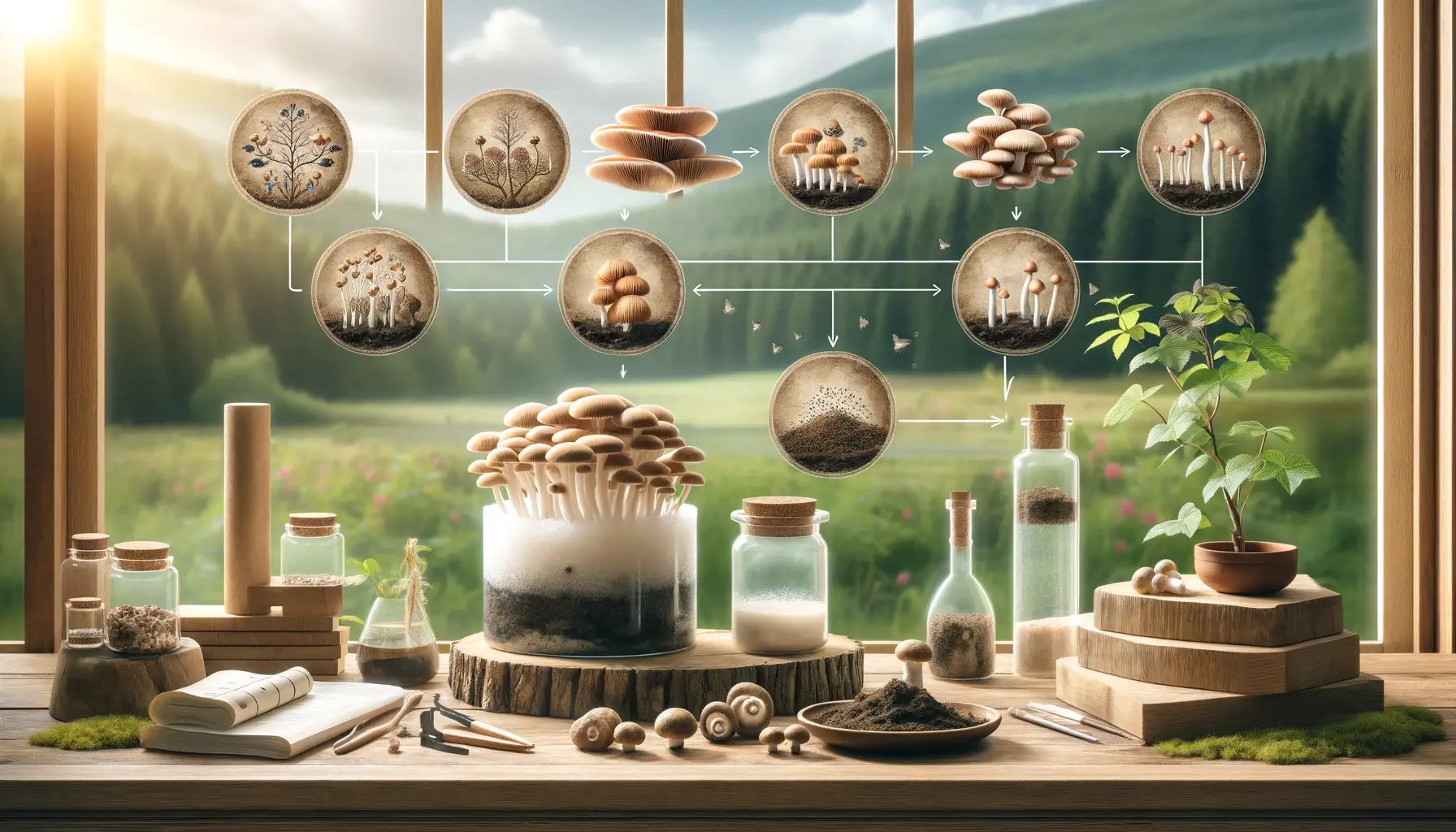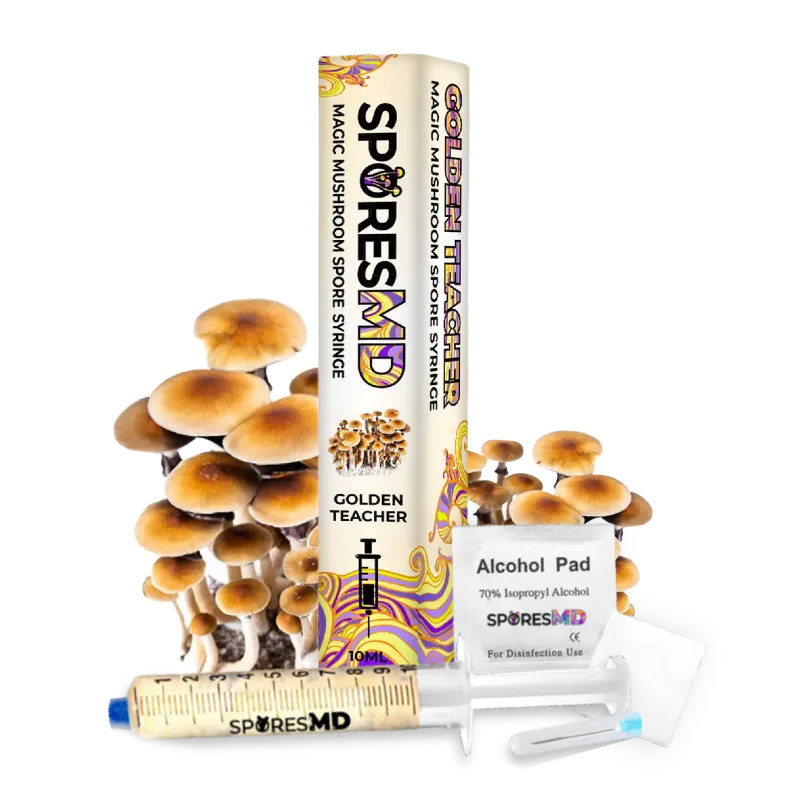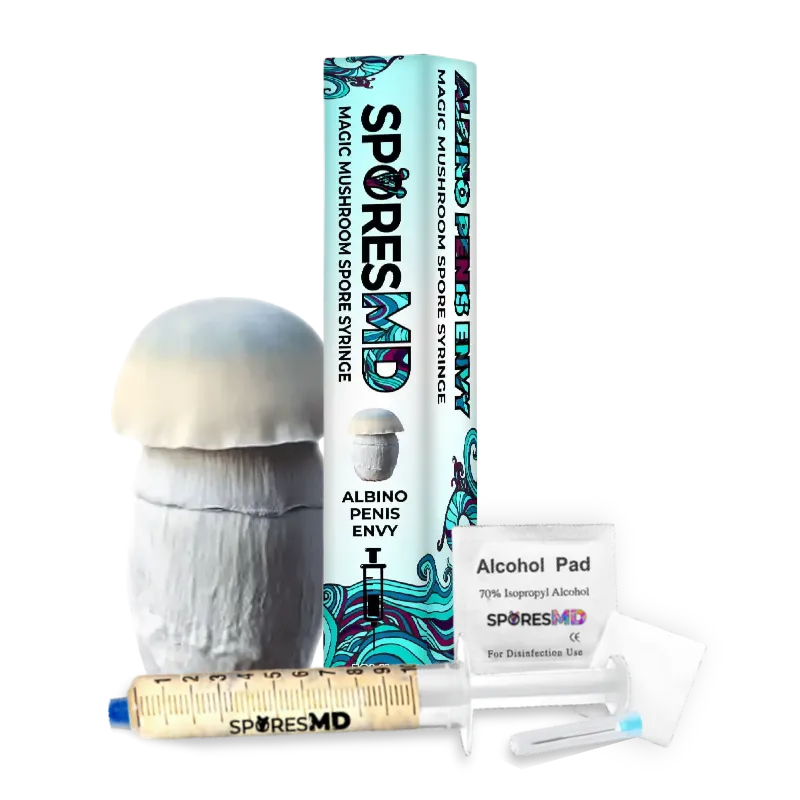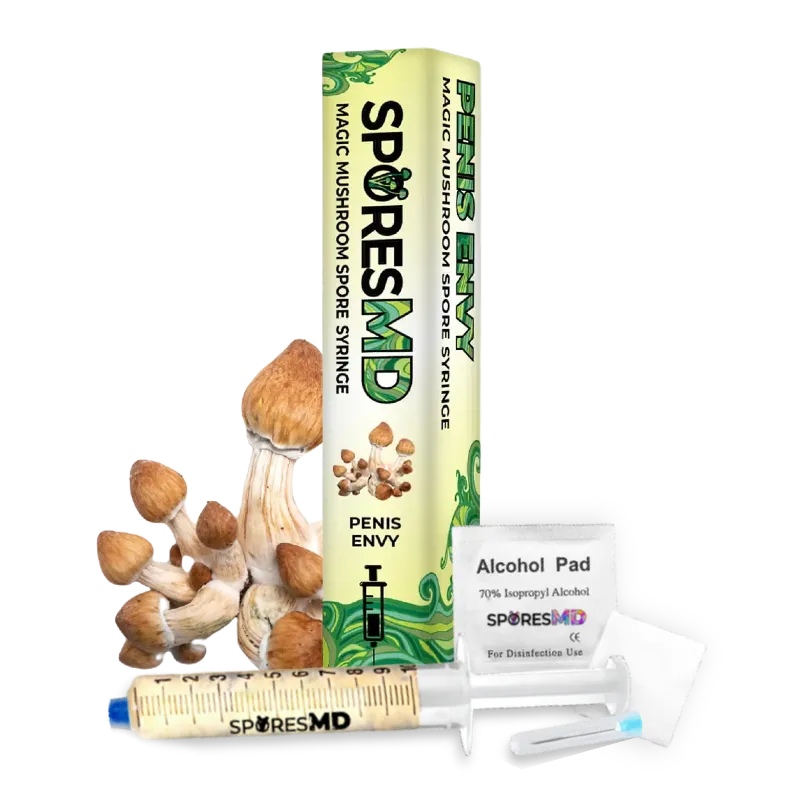Growing mushroom spores is both an art and a science, requiring precision, patience, and a bit of green-thumb magic. Here, we detail a step-by-step guide to cultivating your own mushrooms from spores. With the right approach, you can witness the fascinating process of mushrooms sprouting from the smallest beginnings to a full-grown harvest.
Step 1: Collecting Mushroom Spores

Capturing the Spore Print
To kick-start your mushroom cultivation, it begins by collecting mushroom spores, usually through the creation of a spore print. This process involves:
- Placing a mature mushroom cap, gills down, on a piece of paper.
- Covering the cap with a glass to maintain humidity.
- Waiting for 24 hours, during which time the spores will drop onto the paper, leaving a spore print.
Table: Materials Required for Collecting Spores
| Material | Purpose |
|---|---|
| Mature Mushroom | Source of Spores |
| White Paper | To capture the spore print |
| Glass | To cover the mushroom cap |
Collecting spores is a delicate process, so ensure the mushroom and work area are clean to prevent contamination.
Step 2: Preparing the Growing Medium
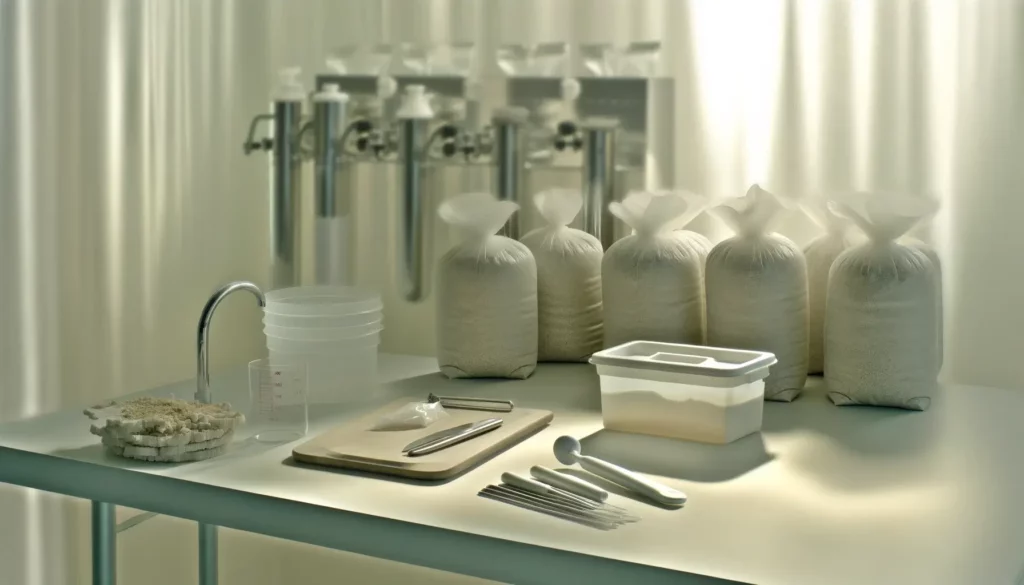
Choosing the Right Substrate
The choice of the growing medium, or substrate, is crucial for the successful cultivation of your mushrooms, as different species thrive in different substrates:
- Oyster mushrooms prefer straw.
- Button mushrooms flourish in composted manure.
- Shiitake mushrooms do best on wood.
Or, you can save all that hassle and just get a pre-sterialized mushroom grow bag from us.
List of Common Substrates:
- Straw
- Composted manure
- Wood
Selecting the correct substrate not only provides the necessary nutrients but also reduces the risk of contamination.
Step 3: Creating a Spore Syringe
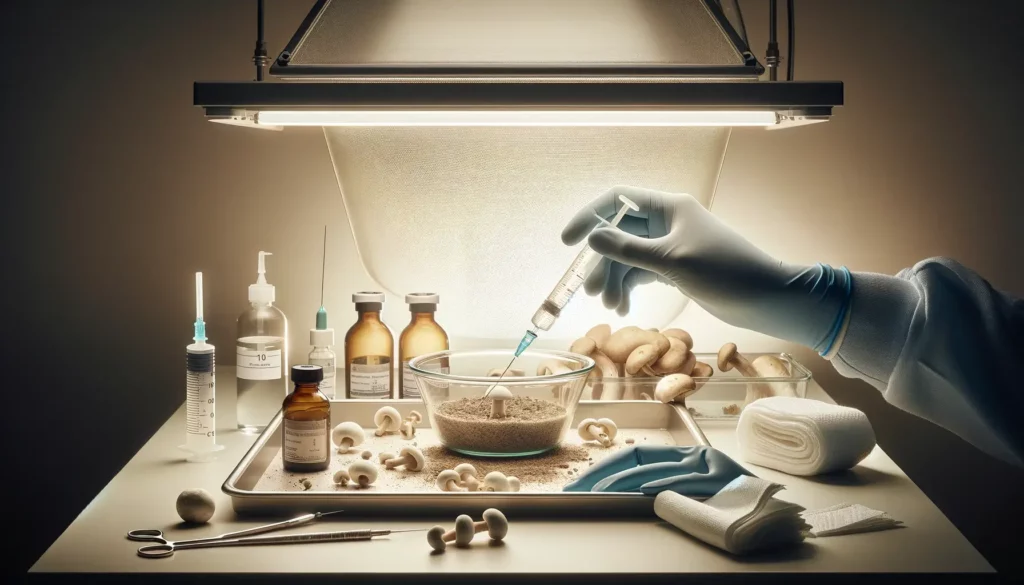
Rehydrating and Injecting Spores
A spore syringe is a tool for inoculating the growing medium with mushroom spores. To create one:
- Rehydrate the spores in sterile water to awaken them.
- Use a sterile needle to transfer the rehydrated spores into a syringe also containing sterile water.
Creating a spore syringe requires a sterile environment to prevent introducing unwanted organisms into the mix.
Step 4: Inoculating the Growing Medium
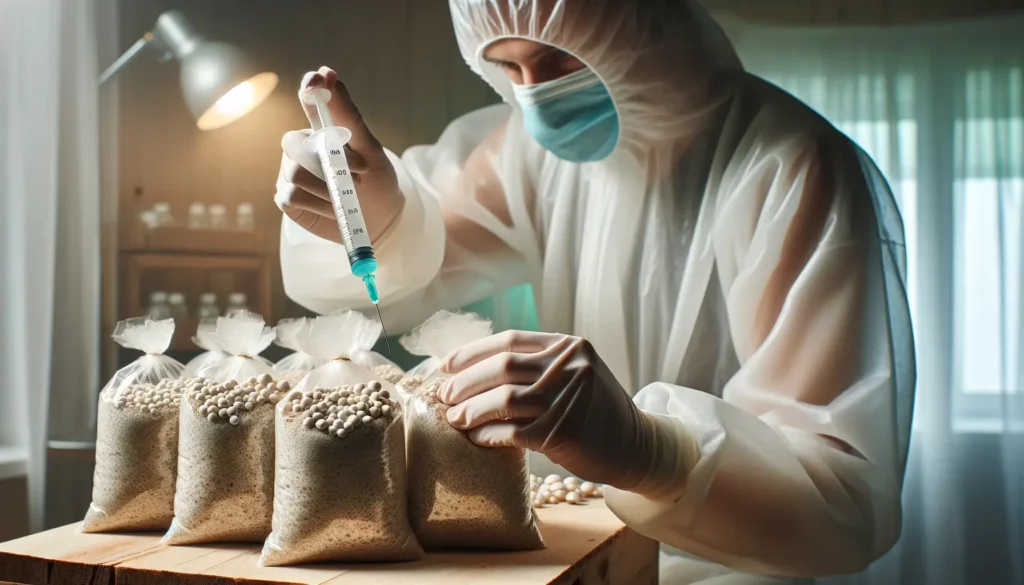
Injecting the Spores
The inoculation phase involves introducing the mushroom spores into the chosen substrate. Steps include:
- Inject the spore syringe contents into the growing medium.
- Mix the medium well to distribute the spores evenly.
- Cover with a damp newspaper to maintain humidity.
This stage is pivotal and requires attention to detail to ensure the spores are evenly distributed for uniform growth.
For those who already have a syringe or are creating one, further reading on how to grow mushroom spores from a syringe is available in this detailed guide provided by SporesMD.
Step 5: Incubating, Casing, and Fruiting
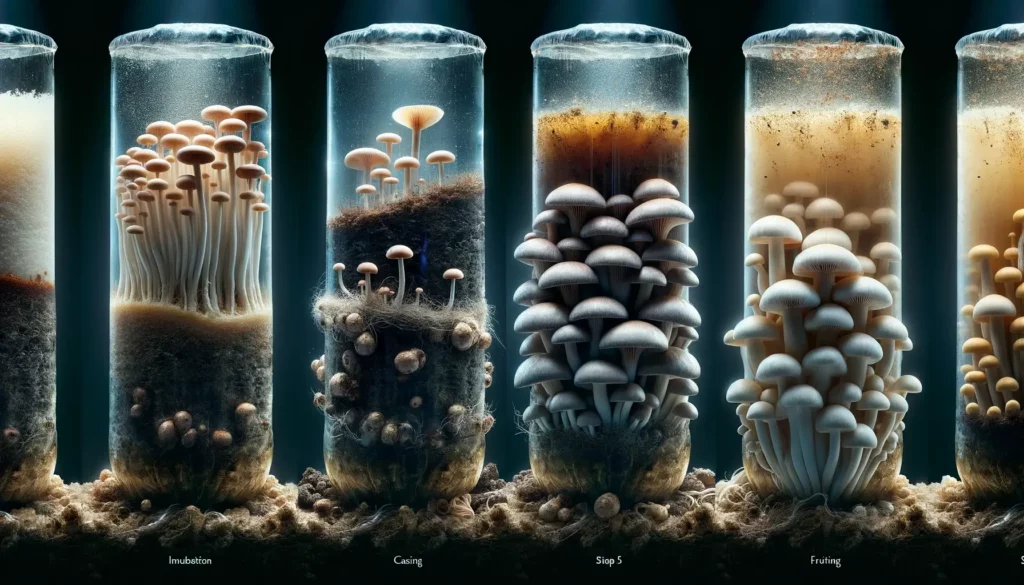
From Incubation to Harvest
The growth of mushrooms is a multistage process that includes:
- Incubating the inoculated substrate in a dark, warm place.
- Covering the fully myceliated substrate with a layer of casing.
- Monitoring for mushroom fruiting and harvesting when ready.
In the final stages, maintaining sterility becomes less critical, but environmental conditions such as humidity and temperature are key.
Growing mushroom spores into full-fledged mushrooms is a rewarding endeavor, filled with lessons in biology, patience, and care. Remember, sterility is essential throughout the process to avoid contamination and ensure a successful harvest.
For a range of spore types and further resources on mushroom cultivation, visit SporesMD, and explore our selection of mushroom spore syringes.
References:
- Love The Garden: https://www.lovethegarden.com/uk-en/article/how-grow-mushrooms
- How Stuff Works: https://science.howstuffworks.com/magic-mushroom4.htm
- Bob Vila: https://www.bobvila.com/articles/how-to-grow-mushrooms/
- Reddit – r/mycology: https://www.reddit.com/r/mycology/comments/18jbagf/is_it_possible_to_grow_mushrooms_from_spore_prints/

